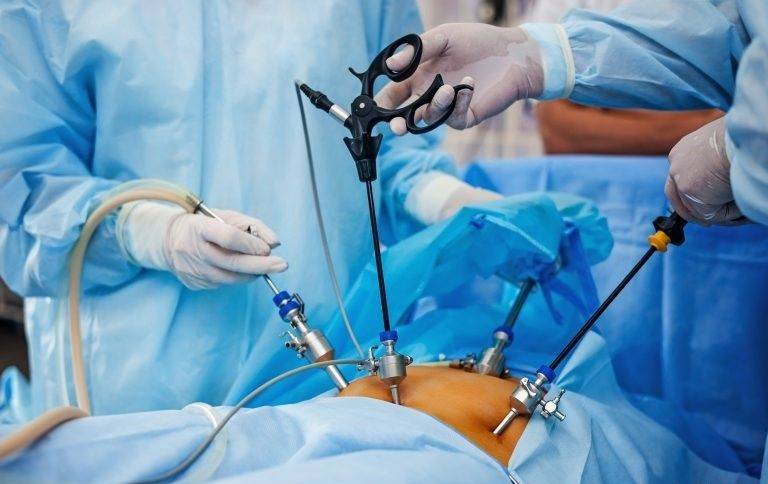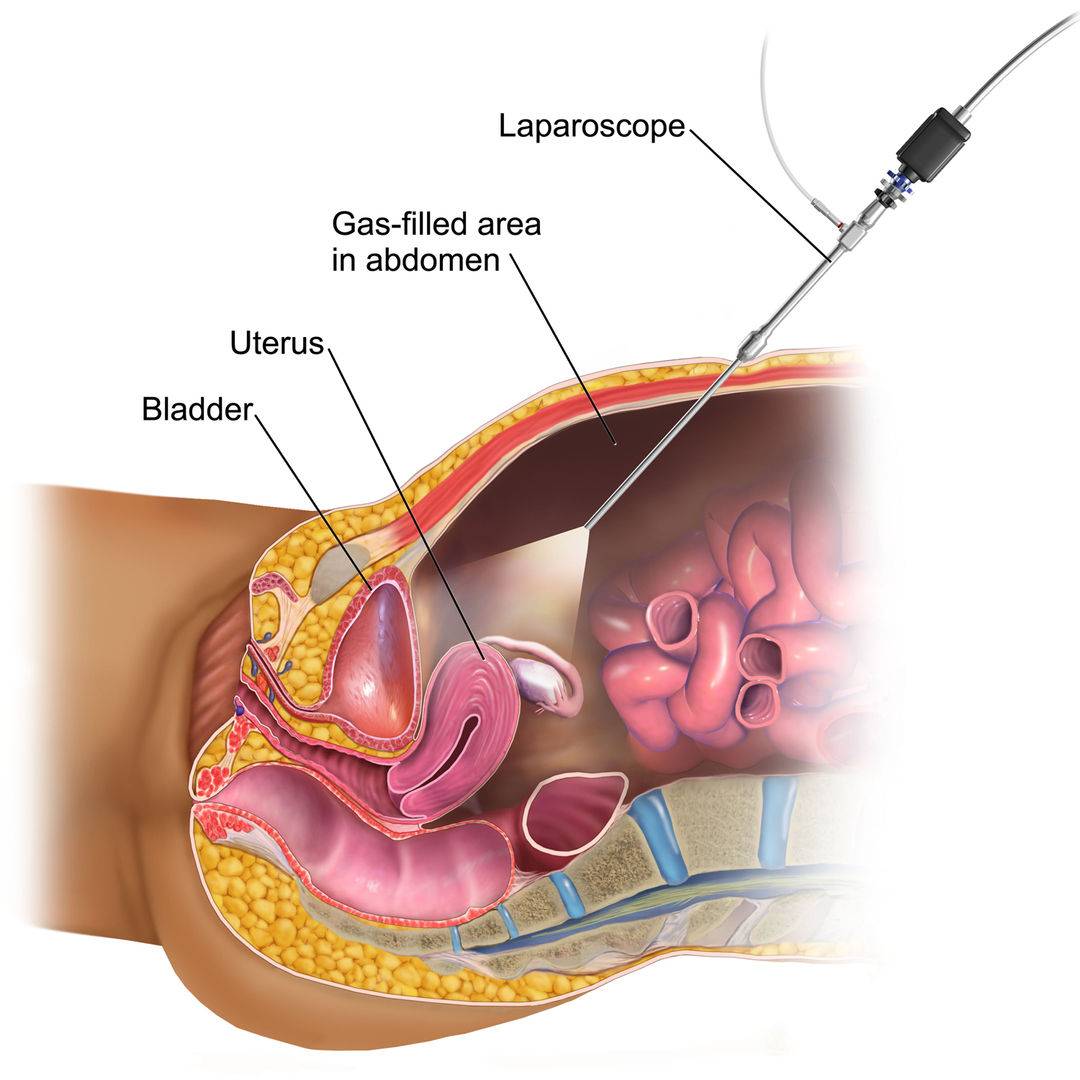
- 22/03/2021
- Dr. Samrat Jankar
- 0 Comments
- Blog
What are the Benefits of Laparoscopic Surgery?
In Pune, surgery is one of the most effective medical procedures for treating serious health problems. However, traditional surgical techniques are often associated with big scars and discomfort.
It leaves the patients in bed for months. Thankfully, we live in an age of continuous medical advancement and minimally invasive procedure such as laparoscopy is one such blessing.
So, you can choose laparoscopic surgery for any condition that requires surgery. So, consult your laparoscopic surgeon in Pune to get it performed.
Now let us get into the detail of how laparoscopic surgery is performed before understanding its benefits.
How is laparoscopic surgery performed?

A laparoscopy is a type of surgery that requires fewer incisions than you might expect. The method is named after the laparoscope, a slender tool with a tiny video camera and light on the end.
An expert can observe what’s going on inside you on a video monitor after inserting it into your body through a tiny cut. If they didn’t have such tools, they’d have to make a considerably larger opening. Thanks to unique devices, your surgeon will not have to reach into your body. As a result, fewer cuts will be made.
Now that you know how the operation is done, let’s look at the advantages.
Benefits of laparoscopic surgery

There are several benefits of laparoscopic surgery. Some of them are mentioned below:
- Small scars: The greatest benefit of laparoscopic surgery is that it leaves just a slight scar on the patient’s body during the procedure. Advanced technology assists in deciding the exact position of the incision. It ensures minimal human body invasion while allowing laparoscopic surgery to be done with only a tiny incision.
- Reduced blood loss: Following conventional surgery, an individual can need blood transfusions due to the risk of significant blood loss. Laparoscopic surgery, on the other hand, leaves minor marks on the patient’s body. It decreases the chance of blood loss and, so there is no need for a blood transfusion.
- Reduced pain: Many people postpone surgery because of postoperative pain, which can have a detrimental effect on their health. Smaller incisions allow for less discomfort with laparoscopic surgery. A person undergoing this form of surgery may not need lengthy pain relief medications while healing.
- A short stay in the hospital: Traditional surgery necessitates a week or more in the hospital for recovery. On the other hand, laparoscopic surgery allows a patient to remain in the hospital for a total of 2 nights.
- Reduced infection risk: Larger incision wounds, especially in obese patients, increase infection risk. As it exposes the internal organs to external pollutants. However, laparoscopic surgery leaves smaller wounds and makes one less susceptible to infections.
- Less recovery time: Any patient who has surgery wants to get back on their feet as early as possible. Traditional surgeries take anywhere from 4 to 8 weeks to heal from, depending on the situation. On the other hand, laparoscopic surgery has a recovery period of just 2 to 3 weeks, allowing patients to return to their daily lives much quicker.
If you are suffering from:
- Female infertility
- Ectopic pregnancy
- Adhesions
- Gallbladder surgery
- Internal organ tumours
- Ascites, hernia
- Kidney stone
- Cysts
- Liver disorders
- Endometriosis
- Colorectal disorders
Don’t be alarmed if your doctor recommends surgery for any of the above-mentioned conditions. It will most likely be a minimally invasive laparoscopic surgery. The surgery will allow you to return to your everyday life quickly and painlessly.
